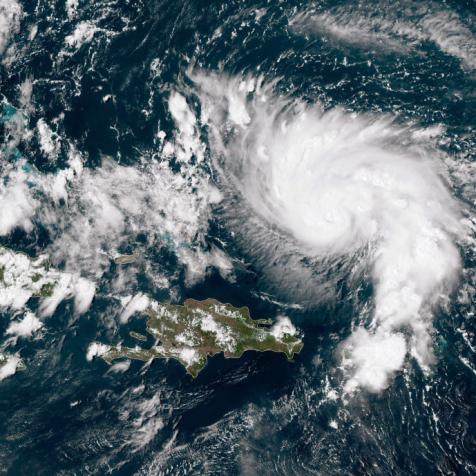
Getty Images
Here's Why Sound Carries Farther on Cold Days
It's not in your head—you hear better on cold days.
On bitterly cold winter mornings, the world is breathtakingly quiet, and it seems like you could hear a pin drop from five blocks away. While you probably couldn't hear that faraway pin in reality, you'd definitely have a better chance in those frigid temps. That's because even though sound travels faster in warm air, it travels farther in cold weather. Let us explain.
Do the Wave
People talk about the speed of sound like it's constant, but it actually changes depending on its environment. That's because sound is a pressure wave that relies on moving molecules around to get where it's going, and it can get there faster or slower depending on what those molecules are like. It travels faster in water than in air, for instance, and travels faster in wood than in water.
When it comes to air, humidity and temperature both play a role in the speed of sound. Humidity lowers the density of air (so much for humid air feeling heavy!), which makes it travel slightly faster. Heat makes air molecules move around faster, so they're more ready to carry a pressure wave than slower-moving molecules. Because of that, heat makes sound travel faster, too.
Bounce Baby
You've probably seen the way a straw in a glass of water looks like it's broken in half. That's due to the refraction of light: the way rays of light bend when they move from a medium like air to a medium like water. Specifically, the speed of light slows down in water, which makes it bend toward the air-water boundary (try it if you don't believe us!). When a wave does the opposite, moving from a slow medium to a fast one, it bends away from that boundary.
On a cold day, there tends to be a layer of warmer air above the cold pockets closest to the ground. When you shout to a friend down the street or hear your bus (finally!) arriving, the sound wave that would ordinarily go out in all directions gets refracted by that warm air. Because sound moves faster in warm air than colder air, the wave bends away from the warm air and back toward the ground. That's why sound is able to travel farther in chilly weather.
Of course, there's a lot more that makes winter mornings quiet than just the speed of sound. Snow absorbs sound, thereby muffling all the little noises you'd ordinarily hear reverberating off of the ground. Not many people like standing out in cold weather, either, so there are fewer cars, pedestrians, and animals to make a ruckus. You might be miserable out there in the cold, but at least you have peace and quiet as your reward.
This article first appeared on Curiosity.com.


















